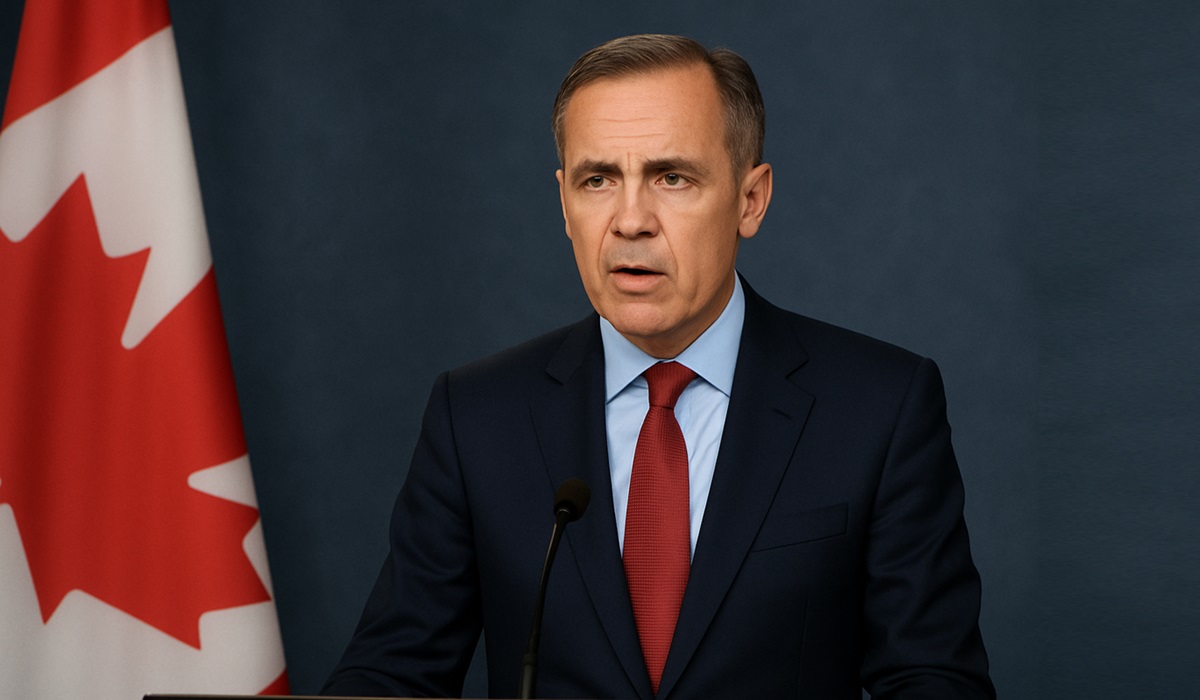Fast-Track or Fast One? Carney’s Plan Raises Questions About National Interest Projects
- TDS News
- Canada
- May 30, 2025

In what is being described as a push for economic growth and national competitiveness, Prime Minister Mark Carney and the Liberal government are preparing to introduce legislation that would fast-track infrastructure projects deemed to be in the national interest. The move, which has sparked comparisons to similar efforts by the Trump administration in the United States—where anything designated a matter of “national security” could leapfrog regulations—raises important questions about transparency, environmental accountability, and ultimately, whose interests are truly being served.
This proposed legislative framework would essentially give the federal cabinet broader discretionary powers to bypass or accelerate certain approval processes in order to greenlight major developments. In his election night victory speech, Carney made clear that “Build, baby, build” would be more than a slogan—it would be a central plank of his governing agenda. But the ambition to cut through red tape, while potentially helpful in overcoming Canada’s sluggish pace on infrastructure, demands scrutiny. Who decides what constitutes the “national interest”? And perhaps more critically, who stands to gain?
The irony here is hard to ignore. If the goal is to spur job creation and expand Canada’s economic footprint through infrastructure, the most immediate lever would be oil and gas. Expanding LNG facilities, accelerating pipeline construction, or unlocking new drilling zones would bring thousands of jobs and billions in economic activity. Yet this is a sector that Prime Minister Carney, known as the self-appointed “carbon tax czar,” has consistently kept at arm’s length. Even now, with whispers of LNG expansion making their way into policy circles, his government remains cautious—perhaps out of concern for climate commitments, or perhaps due to political balancing acts between provinces and environmental stakeholders.
Still, if energy infrastructure isn’t on the fast-track agenda, then what is?
That’s where concerns begin to mount. If this bill does indeed pass—with or without Conservative support—Canadians may not know what projects are being classified as national priorities until after the fact. This leaves room for speculation: Will these fast-tracked developments include transit megaprojects in swing ridings? High-tech developments backed by government-affiliated investors? Or foreign-backed ventures with complex shareholder arrangements? These are the types of deals that benefit from speed, opacity, and limited oversight.
The public deserves clarity, not just on the what, but on the why and who. If a new rail corridor, airport, or industrial zone is declared a matter of national interest, then citizens have a right to know who benefits financially, and why that designation was made. And the only way to answer those questions is to follow the money—whether that trail leads to donors, former political staffers, or international partners quietly acquiring strategic Canadian assets.
None of this is to suggest that building infrastructure is a bad idea. Canada needs modern roads, energy corridors, and housing to meet the needs of a growing population and evolving economy. But doing it under the guise of urgency, without proper public oversight, can set a dangerous precedent. Expediency must not come at the expense of democratic due process or equitable benefits.
Canadians have seen this movie before: bold promises made in the name of national prosperity, only to later learn the profits were privatized while the risks were socialized. As Parliament considers this legislation, it will be up to citizens, journalists, and watchdogs to ask the hard questions and demand the real answers—before the bulldozers roll in and the ink dries on billion-dollar deals.
Because when everything is suddenly a “national interest,” the real interest that often gets overlooked is the public’s right to know.








